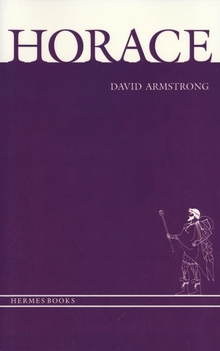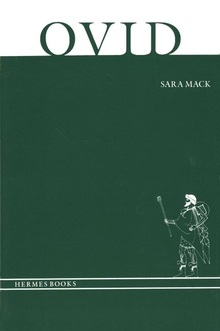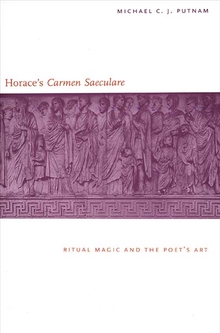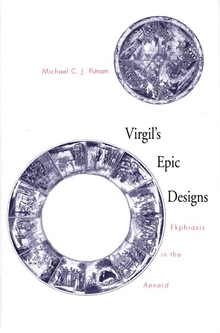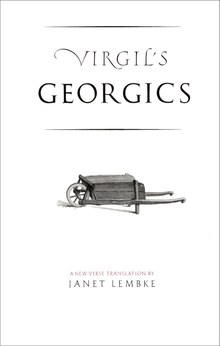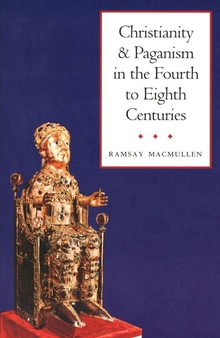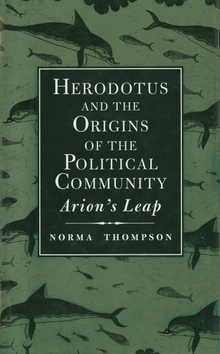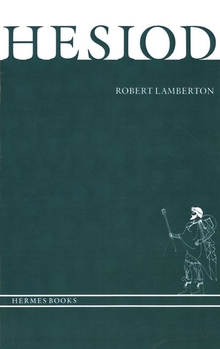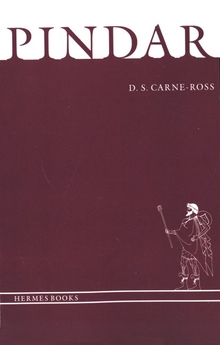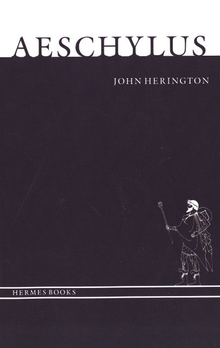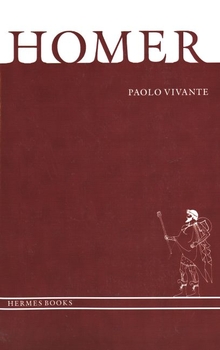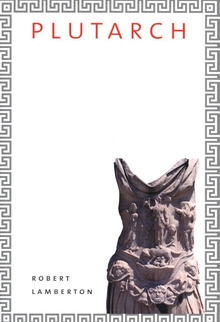Horace
WARNING
You are viewing an older version of the Yalebooks website. Please visit out new website with more updated information and a better user experience: https://www.yalebooks.com
David Armstrong
To see him thus is the entire aim of David Armstrong’s new study. From it emerges not just the illustrious master (“famous, calm, and dead”) in the arts of lyric and satiric poetry, but the freedman’s son who struggled through the terrible upheavals of the collapsing Roman Republic to become, by sheer force of genius, a member of the brilliant circle surrounding the Emperor Augustus. To the very end of that adventurous career on the fringes of power, Horace retained an extraordinary candor, independence, and common sense. It is as the ultimate critic and connoisseur, not merely of literature but also of love and life itself, that he surveys the Augustan scene: the tragicomedy of bisexual politics in the demi-monde, the pretentious fashions of middle-class dinner parties, the pomposity of jurists and philosophers, the idiocies of the literati, and not least the grandeur and terror of a novel political entity—an empire almost coextensive with the known world. The poetry thus restored to life proves to be a poetry for all thinking and feeling people.
"Complex. . . . What Armstrong brings out especially well is the creative energy, the sheer fun of being Horace when he wrote the Satires and Epodes."—Kenneth Reckford, Arion
"David Armstrong’s Horace . . . establishes the undiminished stature of the poet viewed outside the protective canon of the Classics. . . . A book that should not be sampled but read through to obtain a view of Horace that is both personal and vivid."—Charles L. Babcock, Classical Outlook
"The book throughout is readable yet learned. . . . Students . . . will find much that is informative and thought-provoking in Armstrong’s book."—Marianthe Colakis, Classical World
"A readable general treatment of Horace for the nonspecialist and possibly the undergraduate."—Choice
"The Hermes series of handbooks offers convenient, popular and authoritative accounts of the careers of the greatest writers of antiquity. Blending critical biography and literary criticism, these guides hope to encourage a 'dialogue' between modern readers and classical masters; to achieve this they eschew most scholarly apparatus—there are no footnotes and everything is translated—and opt for a certain expository daring, as when Armstrong calls Horace not only a poetic genius and a 'liberating influence in the history of thought' but also 'one of the most successful arrivistes in Roman social history.'"—Washington Post Book World
Publication Date: September 10, 1989

